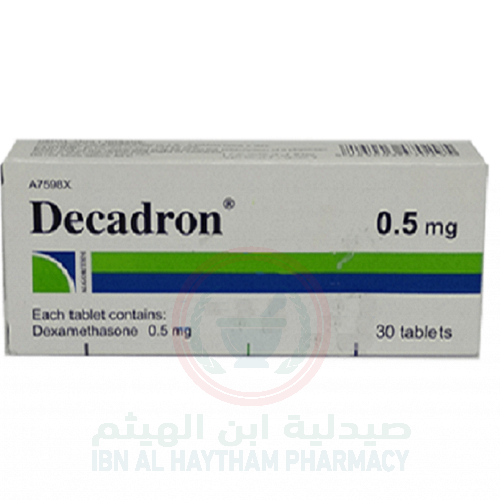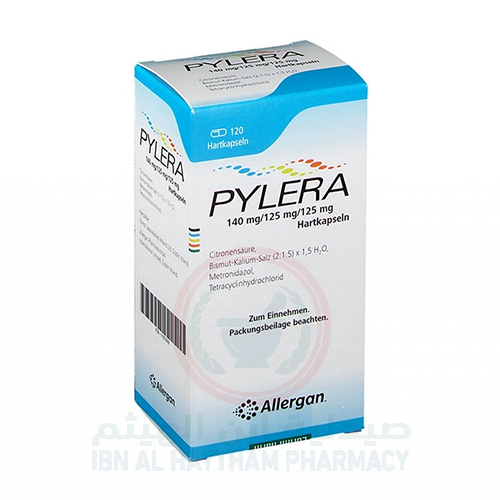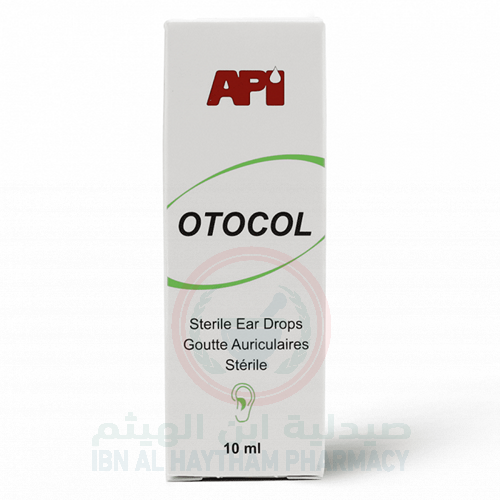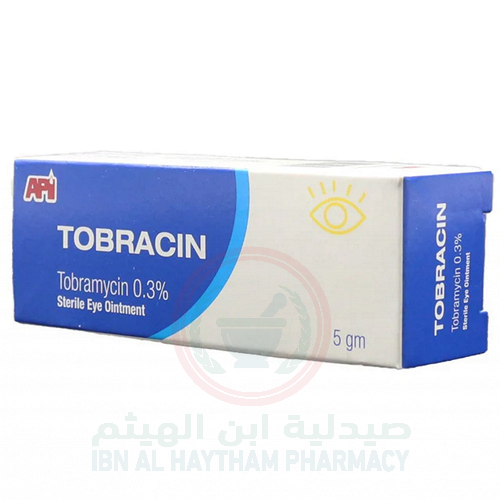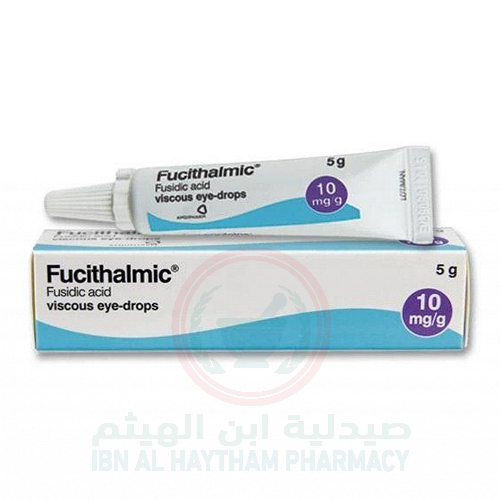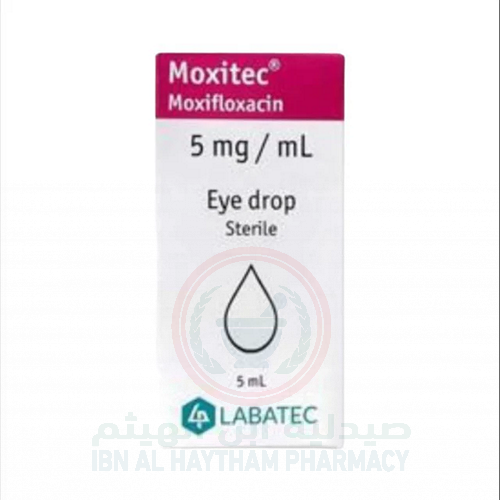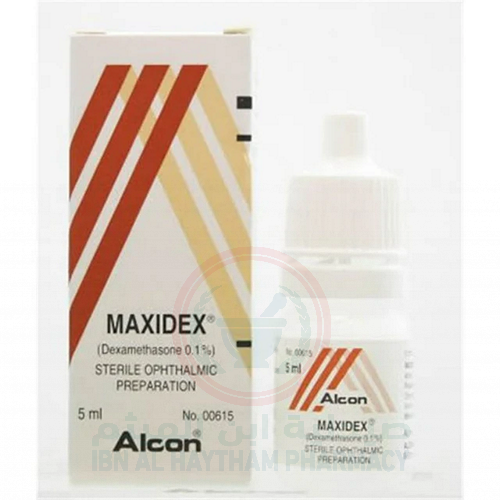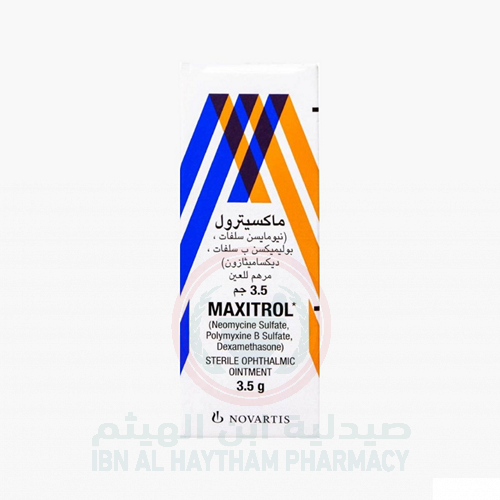Decadron is an effective anti-inflammatory medication used to treat various conditions related to inflammation and immune system dysfunction. While effective, it comes with a range of potential side effects, especially with long-term use. Regular monitoring and consulting with a healthcare provider are recommended.
Active Ingredient: Dexamethasone (0.5mg per tablet)
Formulation: Oral tablet
Pack Size: 30 tablets
Decadron is a corticosteroid medication used to treat a wide variety of conditions. Its primary function is to reduce inflammation and manage autoimmune disorders by suppressing the immune system's overactive response. It is often prescribed for conditions like allergies, skin diseases, arthritis, asthma, and certain cancers.
Side Effects
Common side effects include:
Weight gain
Increased appetite
Insomnia
Indigestion
Dizziness or lightheadedness
Increased blood pressure
Serious side effects may include:
Severe mood changes
Eye problems (e.g., cataracts, glaucoma)
Bone loss or fractures
Increased risk of infections
Precautions
Pregnancy & Breastfeeding: Consult a doctor before using if you are pregnant or breastfeeding.
Diabetes: Corticosteroids like Decadron may raise blood sugar levels. Monitoring is important for people with diabetes.
Long-term Use: Prolonged use can lead to complications such as osteoporosis, Eye conditions, or adrenal suppression. It is essential to follow the prescribed duration of treatment.
Other Medications: Inform your healthcare provider about all other medications you are taking, as Decadron can interact with certain drugs.
Uses
Treatment for inflammation-related conditions such as arthritis, allergies, and autoimmune diseases.
Used for certain types of cancer treatment, such as in combination with chemotherapy to manage side effects.
Treatment of certain skin conditions, colitis, and respiratory issues like asthma.
Benefits
Reduces inflammation and relieves symptoms in conditions like arthritis, asthma, and autoimmune disorders.
Can be used to manage complications of chemotherapy, such as swelling and inflammation.
Helps to prevent organ rejection after transplants in some cases.
Adults: The typical dosage for an adult is 0.5mg to 10mg per day, depending on the condition being treated. The dose is often gradually reduced once the condition is under control.
Children: Dosage is based on weight and specific condition, and should be determined by a healthcare provider.
Always follow your healthcare provider's instructions regarding dosage.
